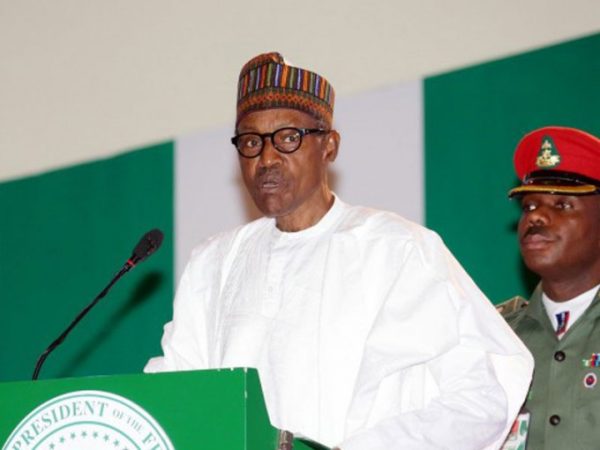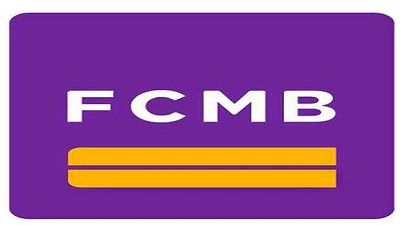360% rise in public debt worrisome, says LCCI
The Lagos Chamber of Commerce and Industry has said that it was worried about the 360.4 per cent increase in Nigeria’s public debt from N10.04tn in 2013 to N46.25tn in 2023.
In a statement signed by its Director-General, the chamber said Nigeria’s debt burden called for great concern, especially in the face of stunted revenue growth, large presence of decaying infrastructure and the unsustainable burden of oil subsidy overhang.
According to the statement, the ratio of debt service to government revenue at about 90 per cent remains alarming and unsustainable.
The chamber further advised the government to shift focus to equity financing, divestment or shedding of its equity holdings in state-owned enterprises, real estate, and infrastructure to reduce its debt commitments and improve its fiscal situation.
It said both capital and interest payments on borrowed sums expose the country’s fiscal vulnerabilities and that the government should, as a matter of urgency, emphasise strategies for revenue growth while blocking leakages.
The statement partly read, “Importantly, the government may want to consider the need to deregulate the downstream subsector of the oil industry to block a major drain on revenue.”
The call by West Africa’s oldest chamber of commerce follows recent data released by the Debt Management Office, which showed that Nigeria’s public debt increased by N6.69tn or 22.7 per cent to N46.25tn as of the end of 2022 from N39.56tn at the end of 2021.
The growth was reflected in both the domestic and external debt. The external debt stock increased to N18.70tn in 2022 from N15.86tn while domestic debt stock went up to N27.55tn in 2022 from N23.70tn.
In contrast, debt service declined to N3.87tn in 2022, representing an 8.3 per cent decrease from N4.22tn spent in 2021.
According to DMO, the increase in the debt stock was due to new borrowings by the Federal and State Governments to finance their budget deficits, to execute some specific projects, as well as the issuance of promissory notes to settle some Federal Government obligations.








